On 03 March 2017, the Office of the Vice-Chancellor for Academic Affairs (OVCAA) of the UP Open University (UPOU) held the third of its series of Friday Research Conversations about UPOU’s 12 Flagship Programs. Prof. Ricardo Bagarinao, Dean of UPOU Faculty of Education and Chair of the UPOU Disaster Risk Reduction and Management Committee (DRRM), was invited to speak about Climate Adaptive and Resilient UPOU (CAReUPOU) and share some possible research areas under this flagship program. In his presentation entitled “CAReUPOU: Concepts and Researchable Areas,” he mentioned that CAReUPOU is composed of two components – the (1) Green UPOU which aims for resource conservation, environmental education, ecological waste management and the use of renewable energy; and (2) the DRRM which is composed of disaster prevention and mitigation, disaster preparedness, disaster response and disaster rehabilitation and recovery.
With disasters claiming more lives and creating irreparable damages, the whole of the country and the world has engaged in widespread campaigns related to DRRM. At UPOU, where students are dispersed all over the world and much of its operations depend on e-systems, matters regarding DRRM are addressed through CAReUPOU. CAReUPOU is UPOU’s initiative to actively integrate the principles of sustainability and responsible resource utilization in its operation. It is also UPOU’s program to actively establish resilience and adaptive mechanisms against climate-related risks, geohazards, fire, and information security risks.
Prof. Bagarinao mentioned that in CAReUPOU, the researchable areas include baseline condition, criteria and indicators, modelling, and behaviour and response. He also gave examples of potential studies such as
- UPOU Disaster Preparedness: A Knowledge, Attitude, and Practice Survey or Institutional Climate Change
- Adaptation and Disaster Risk Reduction Efforts Among UPOU Offices
- Developing Sustainability Criteria and Indicators for an ODeL Institution
- Risk Reduction Initiatives: Balancing Costs with Benefits
- Modeling Behavioural Responses to Climate Change Mitigation and Adaptation Initiatives
Faculty and staff of UPOU actively participated in the discussion and volunteered some creative research suggestions. Prof. Jean Saludadez, UPOUs Vice-Chancellor for Finance and Administration, suggested opening the research topics to all UPOU employees and even to UPOU students who are doing their special problems. Prof. Melinda Lumanta, Vice-Chancellor for Academic Affairs, agreed that a system can be developed to disseminate research interest and allow people to sign up and form into groups. Assoc. Prof. Joane Serrano emphasized the importance of e-resiliency and in investing in servers in the cloud. She also mentioned that the UPOU Faculty of Management and Development Studies (FMDS) initiated the Green UPOU program a few years back and she is happy that the program has been elevated to include the effort of the whole university. Asst. Prof. Lacaste, the UPOU Registrar, suggested the evaluation of UPOU’s current practice of waste segregation including the disposal of e-wastes.
Prof. Lumanta thanked Prof. Bagarinao for sharing about CAReUPOU and presented him a certificate of appreciation. The activity was livestreamed via UPOUNetworks. (Anna Cañas-Llamas)
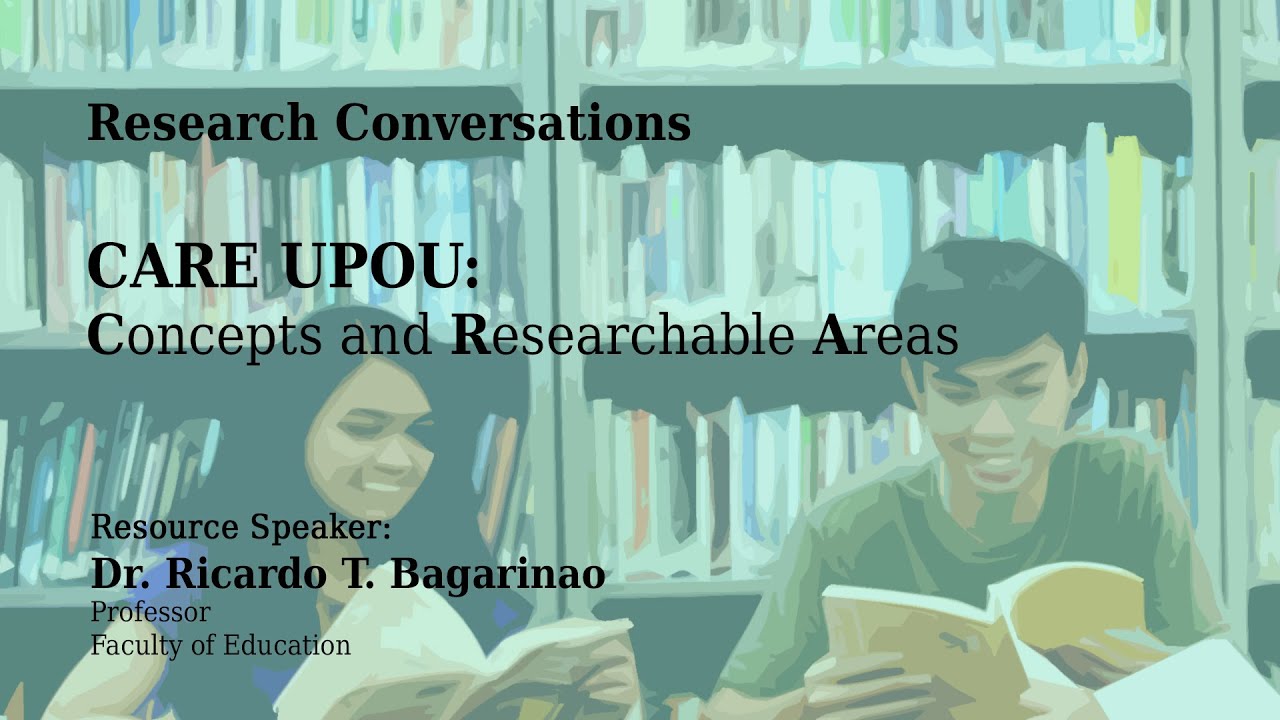
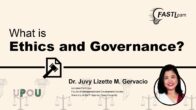
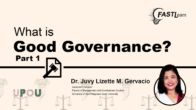


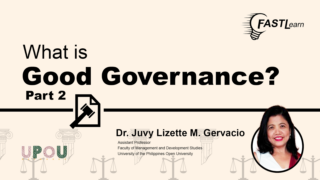
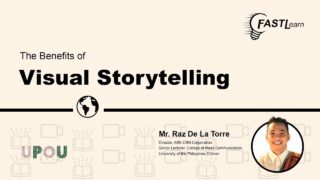

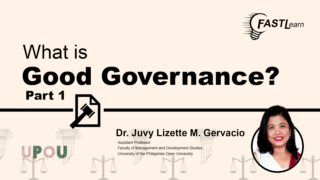
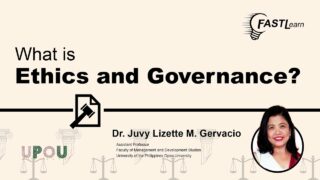
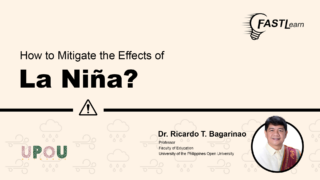

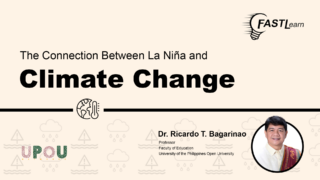
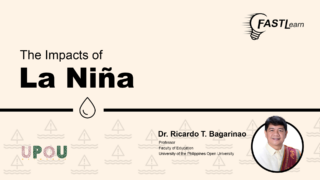
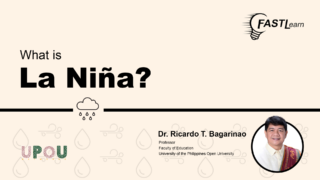

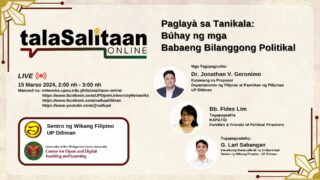

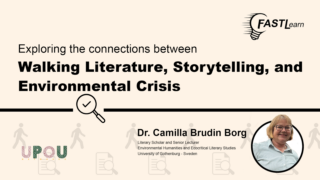
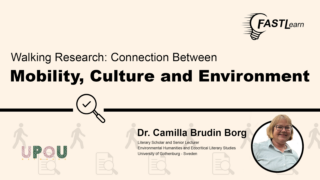


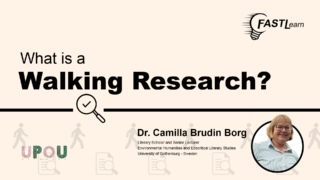

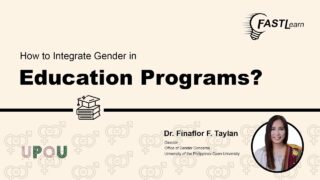
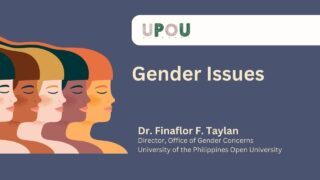
1 Comment